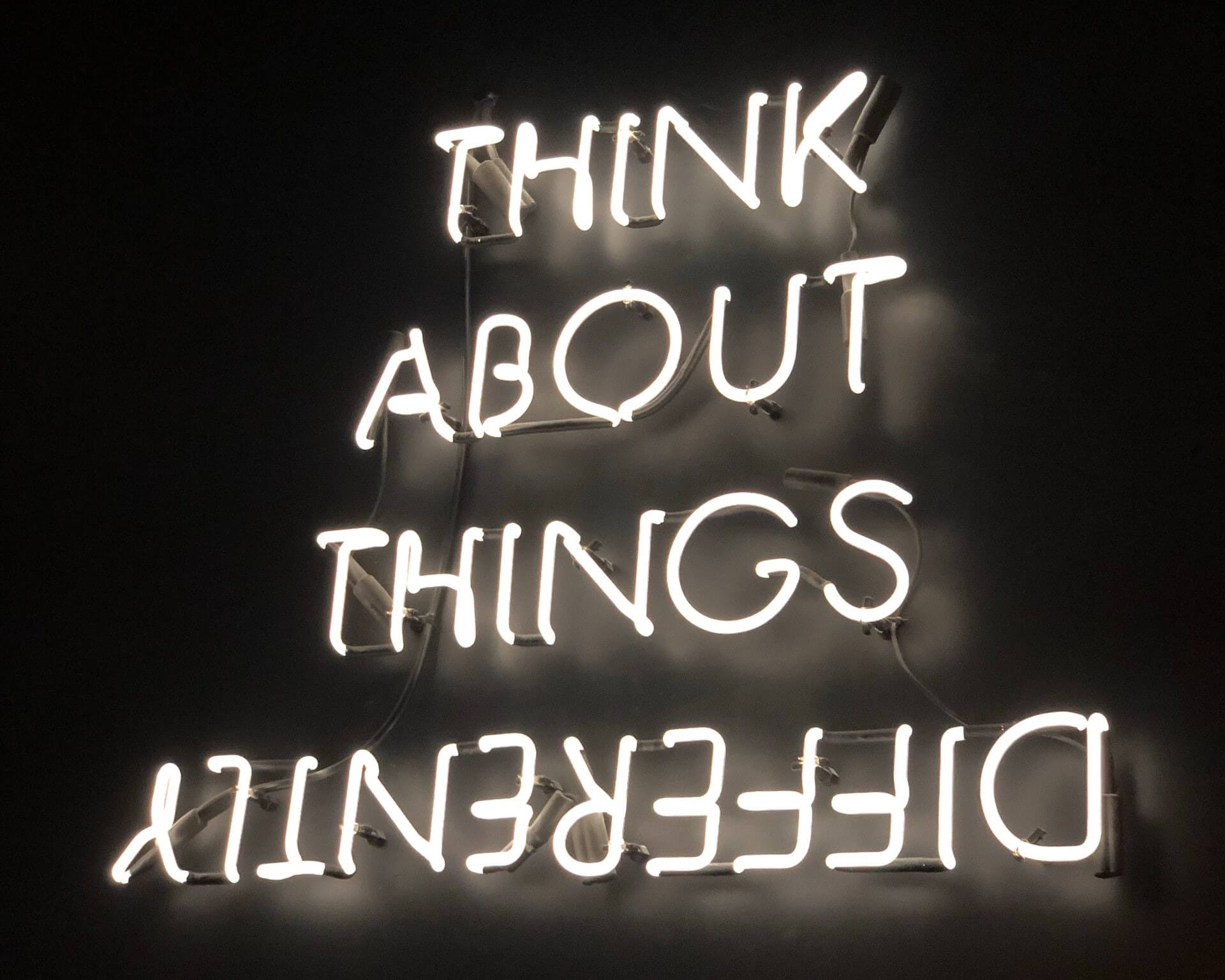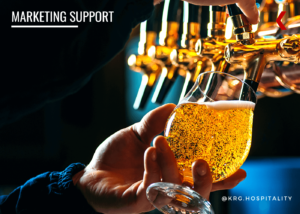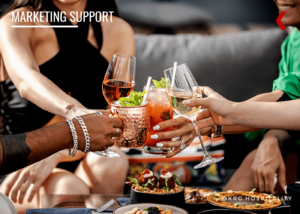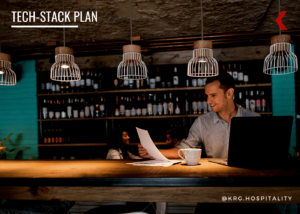Program for Unique Holidays: December 2023
by David Klemt

Do you want to stand out from from other restaurants and bars in your area? Change how you think about your December holiday promotions.
Several holidays are set against every date on the calendar, and this month is no exception. These holidays range from mainstream to esoteric.
Pay attention to the “weird” or unique holidays to raise eyebrows, carve out a niche for your restaurant or bar, and attract more guests. Why do what everyone else is already doing? Why program only around the same holidays as everyone else?
Of course, you shouldn’t try to celebrate every holiday, strange or otherwise. Focus on the days that are authentic to your brand; resonate with your guests; and help you grab attention on social media.
You’ll find suggestions for promotions below. However, the idea behind our monthly holiday promotions roundup is to inspire you and your team to get creative and come up with unique programming ideas.
For our November 2023 holidays list, click here.
December 2: Global Fat Bike Day
For the unfamiliar, “fat bikes” are offroad bicycles with larger-than-normal tires. They’re fantastic for navigating sandy, snowy, muddy, and rocky terrain. Why? Because riders can run lower tire pressures to overcome obstacles smoothly.
Of course, plenty of riders also like to bop around town on fat bikes. So, whether you operate in a snowy area or you just happen to be in a market with a bunch of fat-bike riders, this would be the holiday to encourage them to group up and roll to your bar or restaurant.
December 4: National Dice Day
There’s a lot we can do with dice. One of the simplest ways to celebrate this holiday is to craft a food and/or beverage menu with numbered items/specials. Guests roll the dice and they’re served whatever they roll.
December 9: National Pastry Day
Hey, it’s holiday season—people are snacking a bit more than they would normally. Pastry, whether sweet or savory, is surely tempting and can make a holiday meal memorable.
December 11: National Noodle Ring Day
Do you know what a noodle ring is? More importantly, if you’re not the chef, does your kitchen team know about noodle rings?
They’re exactly what they sound like, and from everything I can find, they’re hundreds of years old. The premise is simple: a noodle dish is placed in a mold, then it’s baked. Bang—noodle ring.
Clearly, the noodle ring is a canvas for creativity and comfort food. So, see what your kitchen can come up with for National Noodle Ring Day, particularly if noodle dishes are already on your menu.
December 16: National Chocolate Covered Anything Day
Do you have food items that would taste and look great covered in chocolate? Guess what you should do on this day…
December 19: National Emo Day
You may have heard of the When We Were Young festival that took place in Las Vegas this year in October. The first version of this emo music festival was held in California in 2017.
A lot of people enjoy nostalgia, and during the holidays they get even more nostalgic. You can either hire a DJ for an emo set, hire a local emo band or two, or put together an emo playlist if you think it would draw guests through your doors.
December 20: Games Day
Board games, card games, tabletop games, video games, arcade games, bar games… If your bar or restaurant is set up for people to play games, design a promotion around it. After all, people are gathering for the holidays. Tempt them to gather at your place.
December 21: National Coquito Day
Ah, the Coquito. I’ll risk the pitchforks and say eggnog is not the move: the Coquito is the best winter cocktail. And the best version comes from bartender Giuseppe González.
You’ll find his recipe below, and you should give him a follow and thank him for being gracious enough to share it every year in December.
View this post on Instagram
December 29: Tick Tock Day
No, not TikTok. This holiday is about accomplishing outstanding goals before the end of the year.
However, operators and their teams can take a different approach to this holiday. Are there any bottles you want to finally get rid of to make space in your inventory? Some rare drams guests can finish off? Create a promotion around them.
December 31: National Champagne Day
Sure, some people may know this day as New Year’s Eve. But really, this is National Champagne Day.
Luckily, it’s not difficult to create promotions around Champers. Whether focusing on dosage, grape varietals, vintage, color, or cocktails, there’s a lot to do with Champagne, and it’s not challenging to shine a spotlight on it on this day.
Image: Ivan Bertolazzi on Pexels






